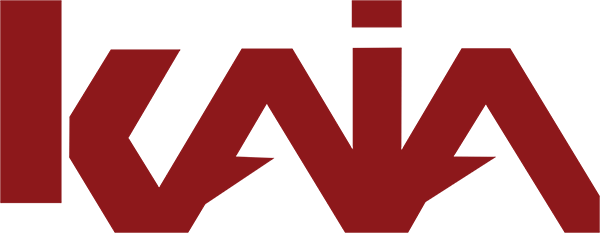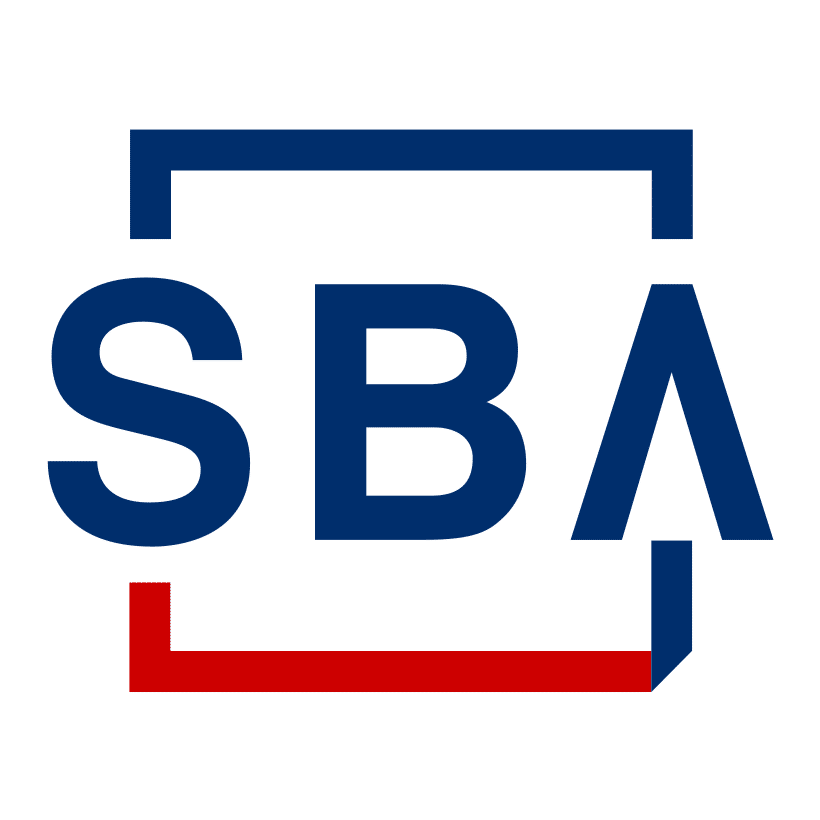Develop a clear Website structure
A well-structured website is the backbone of any successful online business today. It not only enhances the user experience but also significantly affects the website’s visibility in search engine rankings. A clear website structure helps search engine crawlers to navigate through your site more efficiently, optimizing its visibility and increasing its potential for higher search engine rankings. Therefore, incorporating a well-defined structure with proper headings, subheadings, and website architecture is essential to ensure search engines understand your website’s hierarchy, the relationship between pages, and the content relevance to users. By investing time into developing a clear website structure early on, your website will not only be more user-friendly but also more likely to achieve higher traffic and conversion rates.
Focus on keyword research
Keyword research is an integral part of any successful digital marketing campaign. By identifying the keywords related to your business, you can strategically incorporate them into your content, making it more visible and accessible to your target audience. Through keyword research, you gain a better understanding of your audience’s search behavior and what they’re looking for, enabling you to create content that addresses their needs and pain points. By effectively using keywords, you can improve your website’s search ranking, drive more organic traffic and generate more leads. So, don’t neglect keyword research, it’s a powerful tool that can bring your business to the forefront of the digital landscape.
Create relevant content
Creating relevant content is an essential task that every business must accomplish to attract and retain its target audience. Professional content that is optimized for search engines can help a business stand out from the crowd and reach its intended audience more effectively. By developing high-quality content that resonates with your audience, you can not only increase your website’s traffic but also improve your brand’s reputation. Furthermore, optimized content can help your website rank higher on search engine results pages, driving more organic traffic and ultimately boosting customer engagement. With professional content that is optimized for search engines, your business can cultivate a loyal customer base and stand out as a leader in your industry.
Optimize page titles and meta descriptions
To be successful online, it’s crucial to have a strong understanding of search engine optimization (SEO). One important element of SEO is optimizing page titles and meta descriptions with targeted keywords. By using relevant and specific keywords, your website’s visibility in search engine results pages (SERPs) can be maximized. This not only drives traffic to your website but also ensures that the traffic you receive is relevant to your content. As a professional, it’s important to stay updated on the latest SEO trends and strategies to ensure your website’s success.
Optimize images and videos
When it comes to optimizing images and videos for your website, proper tagging with relevant keywords is essential for driving traffic and improving search engine rankings. As a professional, you want to make sure that every visual element on your website is working hard for your business, and using keywords effectively is one way to make sure that your content is discoverable by your target audience. By taking the time to properly tag your images and videos with relevant keywords, you’ll be setting your business up for long-term success and helping your website stand out in today’s crowded online landscape.
Set up a blog or news section
In today’s digital age, having a blog or news section on your website is crucial for keeping your audience engaged and informed. Not only does it provide a platform to showcase your expertise, but it also creates a space for your readers to interact and learn from you. By regularly updating this section with informative and engaging posts, you can establish yourself as a thought leader in your industry, demonstrate your brand’s personality, and build a loyal following. Whether you’re sharing industry news, offering advice, or showcasing your latest projects, a well-curated blog can help to establish your brand as a trusted authority in your field. So why wait? Get started on your blog today and watch your online presence thrive.

Frequently Asked Questions
Does SEO improve my websites page speed?
SEO may not directly boost page speed but can indirectly help by optimizing website aspects affecting speed. Optimizing images, videos, and website structure enhances indexing and load times. Improving responsiveness for mobile devices contributes to faster speeds. Better user experience and page speed can improve search rankings, increasing traffic and website success.
What is On-page SEO?
On-page SEO refers to the techniques and strategies used to optimize the elements on a website’s individual pages in order to improve its search engine ranking. This includes optimizing elements such as title tags, meta descriptions, header tags, internal linking, image optimization, and content. On-page SEO is important because it helps search engines understand the content and relevance of a webpage, and it can lead to higher rankings in search engine results pages (SERPs).
What is Off-page SEO?
Off-page SEO, on the other hand, refers to the techniques and strategies used to improve the visibility and ranking of a website through external factors, such as backlinks and social media. Off-page SEO includes activities such as link building, social media marketing, guest blogging, and influencer outreach. The purpose of off-page SEO is to build a website’s reputation and authority through external signals, which can lead to higher rankings in search results.
While both on-page and off-page SEO are important for improving a website’s search engine ranking, they focus on different aspects of optimization. On-page SEO is focused on optimizing the content and structure of individual web pages, while off-page SEO is focused on building the website’s reputation and authority through external signals. Combining both on-page and off-page SEO strategies is important for achieving long-term success in search engine rankings.
What is technical SEO?
Technical SEO refers to the optimization of the technical aspects of a website to improve its search engine ranking and visibility. It involves making sure that the website is set up in a way that search engines can easily crawl and index its pages, and that the website is designed with user experience and accessibility in mind. Technical SEO includes tasks such as optimizing website speed, improving website architecture and navigation, implementing structured data, fixing broken links, and ensuring that the website is mobile-friendly. By addressing technical issues and improving the technical aspects of a website, businesses can improve their search engine ranking and ultimately increase their online visibility and traffic.
What are the risk factors of not investing in an SEO strategy?
In today’s digital age, a strong online presence is essential for any business looking to succeed. While there are various ways to improve a website’s visibility, an SEO strategy is undoubtedly one of the most important. Unfortunately, some companies still overlook the importance of investing in SEO, and this can have several detrimental effects on their business. Without an SEO strategy in place, businesses risk falling behind their competitors, losing potential customers, and missing out on valuable business opportunities. Ultimately, neglecting proper SEO practices can lead to decreased visibility, diminished online authority, and reduced revenue. As such, investing in a solid SEO strategy is critical for any business that wants to thrive in a competitive digital landscape.
What is SERP and why is it important?
SERP, or Search Engine Results Page, shows relevant web pages and features like ads, snippets, and panels after a search query. Crucial for finding information online, businesses must appear on the first page, ideally in top results, through strategic SEO, content optimization, quality backlinks, and keyword targeting. Prominent SERP positions boost visibility, traffic, conversions, and sales.
The fuss about keywords
Finding apt keywords is vital, as it draws the right crowd, boosting site traffic. Pinpoint keywords your audience seeks for similar products or services, enhancing search rankings and driving qualified traffic. Proper keywords elevate relevance, user experience, and conversions. They also give a competitive edge. In essence, precise keywords underpin successful SEO strategies.
What is the difference between keywords and relevant keywords?
Keywords refer to the words or phrases that people type into search engines to find information. Relevant keywords, on the other hand, are the words or phrases that are closely related to the topic of a website or a specific page on a website. While keywords are important for SEO, relevant keywords are even more important as they help search engines understand the content of a page and determine its relevance to a particular search query. By incorporating relevant keywords into website content, businesses can increase their chances of appearing higher in search engine results pages for relevant queries and attract more targeted traffic to their website.
How to find keywords?
There are several ways to find keywords for your website:
- Brainstorming: Start by thinking about the words and phrases that best describe your business and the products or services you offer. Write down as many as you can think of.
- Keyword Tools: Use keyword research tools such as Google Keyword Planner, Ahrefs, SEMrush, or Moz to generate a list of relevant keywords for your business.
- Competitor Analysis: Look at the keywords your competitors are using on their websites and in their content.
- Customer Feedback: Ask your customers or target audience what keywords they would use to search for your products or services.
- Social Media: Check social media platforms to see what keywords people are using to talk about your industry or products.
Once you have a list of potential keywords, prioritize them based on relevance, search volume, and competition level. It’s important to choose keywords that are specific enough to target your intended audience but not so competitive that it’s difficult to rank for them. Remember to also consider long-tail keywords, which are longer and more specific phrases that can help you target a more niche audience.
How to find relevant keywords?
To find relevant keywords, you can follow these steps:
- Identify the main topic or theme of your content: Start by understanding the main topic or theme of your content. This will help you to narrow down your keyword research to a specific area.
- Use keyword research tools: There are several keyword research tools available such as Google Keyword Planner, SEMrush, Ahrefs, Moz, and more. Use these tools to generate a list of keywords related to your content.
- Analyze competitor websites: Look at competitor websites and identify the keywords they are using. This will help you to understand the keywords that are relevant to your content and that your audience is searching for.
- Use long-tail keywords: Long-tail keywords are longer phrases that are more specific and targeted than general keywords. These types of keywords can help you to rank higher for specific topics and can drive more qualified traffic to your site.
- Consider search intent: Think about the intent behind the search queries. What are users looking for when they search for specific keywords? Make sure your content matches the user’s intent and provides relevant information.
- Use keyword difficulty metrics: Keyword difficulty metrics show how hard it is to rank for a particular keyword. Use these metrics to prioritize which keywords to target based on their difficulty and the potential traffic they can generate.
By following these steps, you can find relevant keywords that will help your content rank higher in search results and attract more qualified traffic to your website.
What are long-tail keywords?
Long-tail keywords are specific and detailed keyword phrases that consist of three or more words. They are typically more specific and targeted than shorter, more general keywords. Long-tail keywords are often used by search engine users who are looking for a particular product, service, or piece of information. Because they are more specific, long-tail keywords typically have lower search volumes than shorter, more general keywords. However, they are also less competitive, making it easier for businesses to rank for them in search engine results pages. By targeting long-tail keywords, businesses can attract more targeted traffic to their website and improve their chances of converting that traffic into customers.
8 Recommended SEO Tools
To help you implement the strategies mentioned above, here are some recommended SEO tools:
- Google Keyword Planner: A free tool by Google that allows you to research keywords, their search volume, and competition.
- Ahrefs: A comprehensive SEO tool that offers features such as keyword research, site audits, backlink analysis, and rank tracking.
- SEMrush: Another all-in-one SEO tool that provides keyword research, site audits, competitor analysis, and more.
- Google’s Structured Data Markup Helper: A free tool by Google that helps you generate and implement schema markup on your website.
- Google PageSpeed Insights: Analyze your site’s performance and receive recommendations to improve its speed.
- GTmetrix: A tool that analyzes your site’s speed and provides actionable recommendations to optimize its performance.
- Google Analytics: A free web analytics tool that tracks your website’s performance, user behavior, and conversions.
- Google Search Console: A free tool by Google that allows you to monitor your site’s presence in Google search results and identify any issues.






